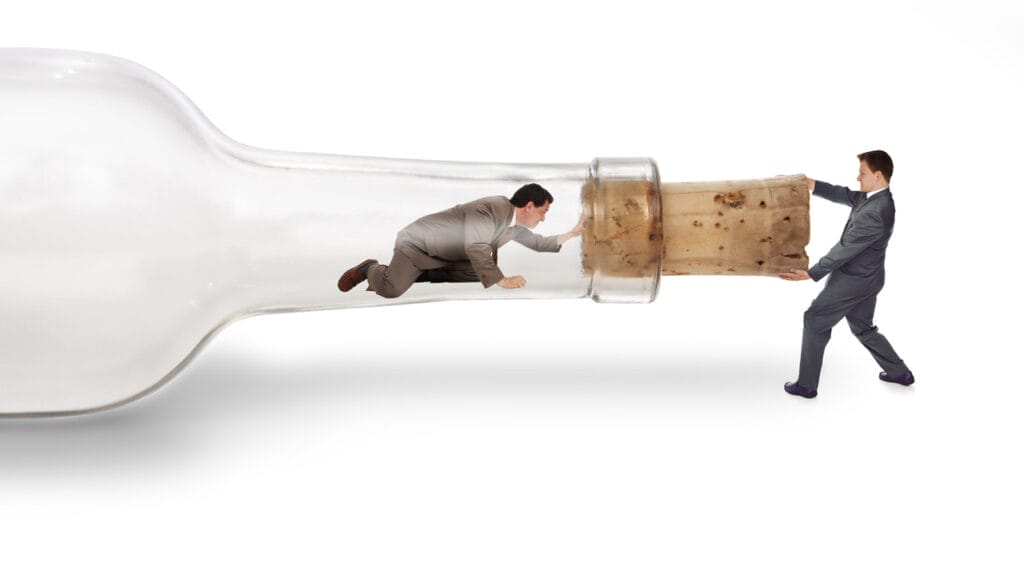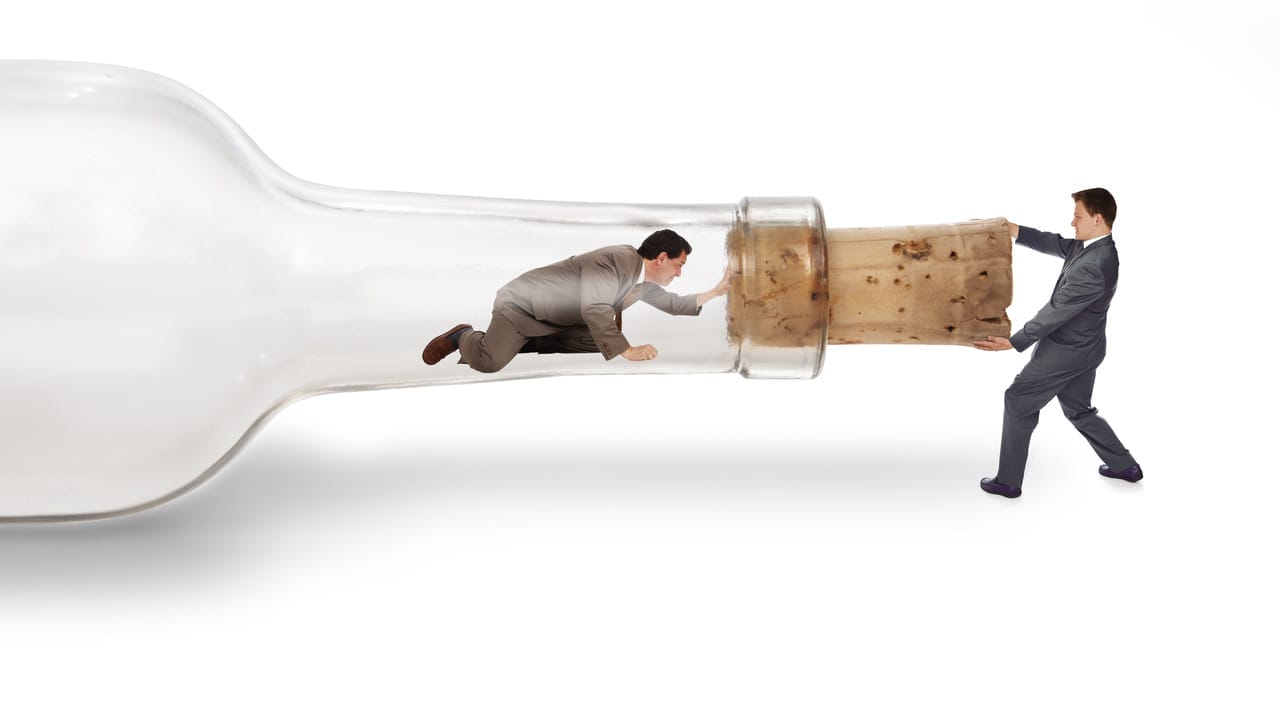
The world faces major challenges, organisations are overloaded
The world faces major challenges. Energy transition and climate adaptation are two of them. The challenge of renovating Europe’s infrastructure also belongs on the list. We want to avoid a second Ponta Morandi (the bridge in Genoa that collapsed) or Grimburgwal (the collapsed quay in Amsterdam). The task of renovating infrastructure can be seen as a dress rehearsal for all the work still to come in the context of climate adaptation.
Project organisations working on these challenges are often overloaded. With 1001 things on their action list, managers tell me they spend too much time fire-fighting, don’t see problems coming and regularly stumble on the same stone.
Are improvement methods themselves in need of improvement?
A common improvement method is to identify problems and solve them one by one. The results do not always come easy. Too often, I meet people who are sceptical about improvement projects, which, in their eyes, keep getting bogged down. “Management hasn’t done anything with the results” you’ll hear. Or has management actually added the actions from improvement programmes to their 1001-long list, but do common improvement methods not fit the problems of project organisations? Are our improvement methods perhaps in need of improvement themselves?
Time to do it differently Another improvement method starts by looking at problems from a bottleneck perspective. The concept of the bottleneck comes from systems thinking and is meant to optimise the productivity of systems. It is logical that a system has one bottleneck. In the example of a bottle, this is of course the bottleneck. If you invert a bottle filled with water, the content turns into wildly bubbling water flowing out and air wanting in. Now, if you stick a straw almost to the bottom, the bottle empties calmly and four times faster. You have just found a solution that cleverly overcomes the restriction of the bottleneck and increases the output of the bottle per unit of time several times over.
The bottleneck in the system bottle is the bottleneck, in the system project organisation it is the most scarce job group. The scarcest job group is the job group whose demanded output exceeds available capacity to a greater extent than that of all other job groups. As a hypothetical example, let us assume that the job group of project managers is the bottleneck.
Project leaders often work on multiple projects, and have to liaise with a wide variety of stakeholders in high-level, substantive discussions. Because their time is limited and their attention is scattered, they often do not see problems coming in time and cannot solve them properly. To reduce problems in projects, project leaders are often involved in the preparation of projects for their knowledge and experience. This solution leads to project leaders having to divide their time over even more projects and having even less time to prevent problems. Consequently, the solution does not work in practice.
An obvious measure to increase the limited capacity of the bottleneck job group is to hire more people in this job group. However, the drawback of this is that skilled labour is scarce and hard to come by. A major reason why I do not recommend this solution is that as long as processes in the bottleneck are not streamlined, hiring more people creates more problems and leads to little or no increase in output. Fortunately, there are good solutions to increase the capacity of the bottleneck function group without additional people. Below, you can read how to find out more about that.
Tools for leaders
The big challenges of our time call for new solutions and extra capacity to contribute to the energy transition, climate adaptation and safe infrastructure. No matter how managers with 1001 things on their action lists try their best, they cannot contribute to these solutions. They are simply overloaded.
What is the bottleneck in your project organisation? And in what ways can you increase the capacity of this bottleneck? With the answers to these questions, you can get to the root of problems. The experts at Mobilé 4 flow & innovation have very extensive knowledge and experience in project organisations and can help you with this. You sit on the bike, so to speak, we ride along for a while in the sidecar and give you the tools you need to do great things. We are happy to make our expertise available to talk to you about your organisation. You can send an email or schedule an appointment.
According to a cliché, managers do things right, and leaders do the right things. The cliché will soon find a place again in many a Christmas or New Year’s speech. Real leaders don’t just talk about this, they simply do it. The concept of the bottleneck and solutions to make the most of the bottleneck are their tools.

Founder & Managing Director of Mobilé 4 flow & innovation.
Willem de Wit
April 2024
© copyright 2024 Mobilé 4 flow & innovation
